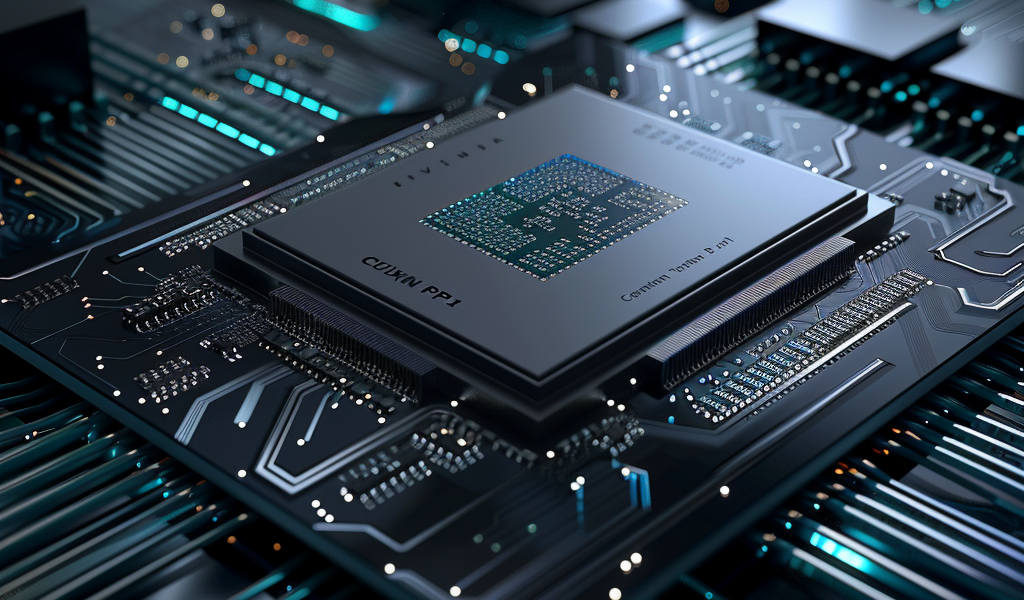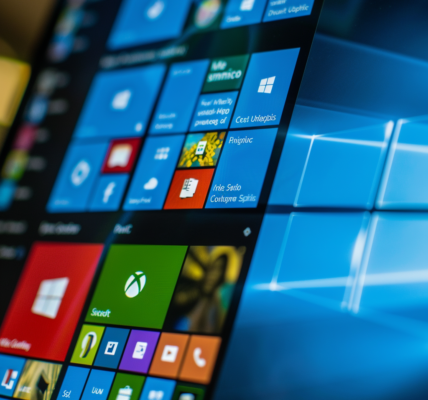As the race for artificial intelligence (AI) capabilities intensifies, chip manufacturers are stepping up their game, and China is making significant strides with the introduction of its latest AI processor, the Cixin P1. Announced in a recent press conference, this System on Chip (SoC) is designed to provide a domestic alternative to the established players like Intel, AMD, and Qualcomm, who are currently dominating the AI PC landscape.
The Cixin P1 is built on a cutting-edge 6nm process and features a robust 12-core CPU clocked at 3.2 GHz, complemented by a 10-core integrated graphics unit and a Neural Processing Unit (NPU) capable of delivering an impressive 30 TOPS (Tera Operations Per Second). This combination allows the entire chip to reach a total performance threshold of 45 TOPS, making it a formidable contender in the AI space.
At the core of the Cixin P1 is the Armv9.2-A architecture, which is designed to optimize performance while maintaining efficiency. The CPU configuration consists of 8 performance cores and 4 efficiency cores, allowing it to handle a variety of tasks effectively. However, details regarding the specific CPU, GPU, or NPU components have been scarce, with Cixin Technology opting not to disclose this information during the launch.
Industry experts speculate that Cixin has likely licensed Arm’s CPU and GPU designs, with possibilities pointing towards the use of Arm’s Cortex-A or Cortex-X series processors. The integrated GPU is thought to be the Arm Immortalis, potentially the Immortalis-G720, which is tailored for mobile gaming and AI applications.
One of the standout features of the Cixin P1 is its support for LPDDR5-6400 memory and 16 PCIe 4.0 lanes, which allow for extensive expansion options, including dedicated GPUs and AI accelerators. Additionally, the chip can output video at a stunning 4K resolution with 120 frames per second, making it suitable for high-performance gaming and multimedia applications.
The development of the Cixin P1 follows a unique strategy described as “one chip for many uses.” This philosophy is reflected in the chip’s firmware, which is compatible with a wide range of operating systems, including Windows, Android, Kirin, Tongxin, and several others, both foreign and domestic. This versatility positions the Cixin P1 as a flexible solution for various computing needs.
Potential applications for the Cixin P1 are vast, with the company highlighting its suitability for notebooks, mini PCs, all-in-one computers, desktops, home entertainment systems, and enterprise edge hosts. During the launch event, attendees witnessed the chip’s capabilities firsthand, with live demonstrations showcasing its performance in popular benchmarks like 3DMark06 and the widely played video game, Genshin Impact.
The introduction of the Cixin P1 marks a significant development in China’s efforts to establish a presence in the AI chip market. As global demand for AI technology continues to grow, the competition among chip manufacturers is expected to intensify. The Cixin P1 is poised to play a crucial role in this landscape, providing a locally developed alternative that could cater to the specific needs of Chinese consumers and businesses.
As the technology evolves, it will be interesting to see how the Cixin P1 performs against established giants in the industry and whether it can carve out a niche in the increasingly crowded AI market. The coming months will likely reveal more about the chip’s capabilities and its reception among developers and consumers alike.





